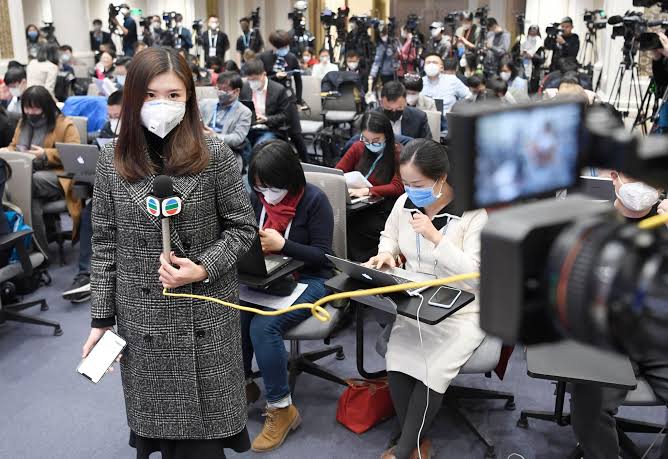By Samuel Akpan
The world is currently at the mercy of the heinous monster coronavirus also known as COVID-19 that is rapidly ravaging the globe. As at Friday morning, the virus infected 537, 017 people, causing 24, 117 deaths worldwide.
In the face of the deadly pandemic, Alibaba, Amazon and hosts of other mega multinationals, foundations and individual philanthropists have joined the fight by making donations in forms of cash, medical help, test kits and other supports to worst hit countries.
In Nigeria, for instance, ex-Vice President, Atiku Abubakar, pledged N50 million. Chairman of BUA Group, Abdul Samad Isyaku Rabiu, donated N1bn in cash. United Bank for Africa (UBA) quadrupled that figure to help Nigeria and Africa.
GTBank availed 100 beds care centre. The Redeemed Christian Church of God added ventilators. Folorunsho Alakija then imported test kits and other materials. Aliko Dangote, after an initial donation of N200 million, is leading top bankers and private sector to raise aid.
All of these kind gestures are geared towards fighting the deadly pandemic. It isn’t solely the elites’ duty, though. Charity is blind to profession.
For journalists and other media practitioners, reporting developments around the world may not be enough. There is a bit more to be done to annihilate the virus.
Several journalism-based institutions, networks and centres around the world have organized a series of webinars, seminars and workshops in training journalists on how to report the coronavirus pandemic and measures they can take to prevent themselves from contracting the virus.
Incorporating solutions journalism in reporting the COVID-19 pandemic could be journalists own way in fighting the virus. It may not be enough for journalists to simply report the rising infected cases and spiralling deaths of the pandemic. But by reporting and integrating how other countries or places are succeeding in curtailing the spread of the virus can be a guide for others to follow suit and would take away the excuses for failure elsewhere.
An article in journalism.co.uk by Marcela Kunova says that “If you are looking for more accessible sources, the SJN invites newsrooms to explore who is making even modest progress in responding to not only the medical consequences of the virus but also the social and economic consequences.”
He added that “you can also look for stories of people who are making progress to protect frontline workers, address social isolation, connect vulnerable populations to key health, safety, and economic resources.” Kunova wrote.
Solutions Journalism Network (SJN) that focuses on rigorous reporting on responses to social problems has gleaned about 40 solutions stories from different news medium on fighting the coronavirus. This can help other journalists in integrating solutions to their reports.
As a journalist, incorporating solutions to your reportage spreads the message of hope and reassures health workers, government and people in other climes that people are getting it right and succeeding in fighting the dreaded monster.
This is not the time to peddle fake news or exaggerate claims. Solutions reporting should be based on journalism core ethics of accuracy, truthfulness, fairness, integrity, independence, and accountability.
All copyrights for this article are reserved to TheNigerian News
Join Television Nigerian Whatsapp Now
Join Television Nigerian Facebook Now
Join Television Nigerian Twitter Now
Join Television Nigerian YouTUbe Now





